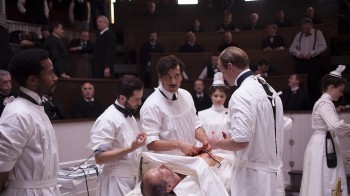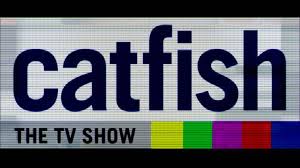%20arrive%20to%20question%20Sir%20Phillip%20Cross%20(Trevor%20Eve)%20in%20Unforgotten.jpg)
It was a quiet TV night and New Tricks (2003 – 2015) was coming to an end. In the Cold Case office, the three police detectives, brought out of retirement, and their younger boss were solving the case.
%20arrive%20to%20question%20Sir%20Phillip%20Cross%20(Trevor%20Eve)%20in%20Unforgotten.jpg)
It was a quiet TV night and New Tricks (2003 – 2015) was coming to an end. In the Cold Case office, the three police detectives, brought out of retirement, and their younger boss were solving the case.

On July 18, 2015, Lena Dunham shared the following diagnosis for the title character from Daria (1997-2002), MTV’s cult animated series, with her two million Instagram followers: ‘I love Daria just as much as the next child of the 90s but I am also concerned not enough of us realized she was rude and almost definitely had clinical depression/could have benefitted from therapy and maybe some medication.

Mapping medical television is a complicated task.
The doctoral thesis is the most problematic aspect of academic endeavour, particularly in the humanities and social sciences. Unlike the sciences, where a doctoral student is typically part of a team attached to a research project, in our area it is typically a lone pursuit… and a very lonely one at times.

Mapping medical television is a complicated task.

Actors of East Asian descent have traditionally not received much screen time in Anglophone television drama: high-profile roles for such actors in British television drama have been, and continue to be, elusive (Knox forthcoming). Across the Atlantic, as Darrell Hamamoto established in 1994, ‘Asian Americans on network television programs exist primarily for the convenience and benefit of the Euro-American lead players.’ (206). And still today,

(Cat)Fishing for Love Catfish: The TV Show (MTV, 2012-) is a reality programme based on the documentary film Catfish (2010) which followed a young man building a romantic relationship with a woman he had met on Facebook, but never seen in real life.

In this post, I want to explore television programming. Not the kind of programming we might typically associate with TV (i.e. the content, or the act of commissioning and scheduling) but the sort of programming that happens behind-the-digital-scenes; the computer programming, or coding , of the interfaces, databases and algorithms which increasingly frame our experiences of television today.

It has been said that we live in a time of monsters. Within the horror genre, these monsters can take the form of literal monsters you might find in ancient mythologies or Gothic literature, or they can take the form of LGBT (lesbian, gay, bisexual, transgender) or queer peoples. Within recent decades, both the monstrous body and sources of queerness have become increasingly de rigueur in popular screen media.

‘Remember the Red Indian. When he saw the first steam train, his savage mind thought it an illusion, too.’ Thus begins *Doctor Who *in 1963 when two teachers Ian and Barbara enter a police box and swiftly find themselves patronised by an alien time traveller, the Doctor.
The Germans. Among my ancestors. The bad people who tried to bring down Greek radicals. The good people who welcomed Syrian sufferers. The bad people who tried to deceive the United States Environmental Protection Agency (EPA). Angela Merkel, corporations, Germany. 2015. The Germans. As Tom Lehrer once put it, ‘We taught them a lesson in 1918, and they’ve hardly bothered us since then.’ (VIDEO CLIP NO LONGER AVAILABLE) The Germans.